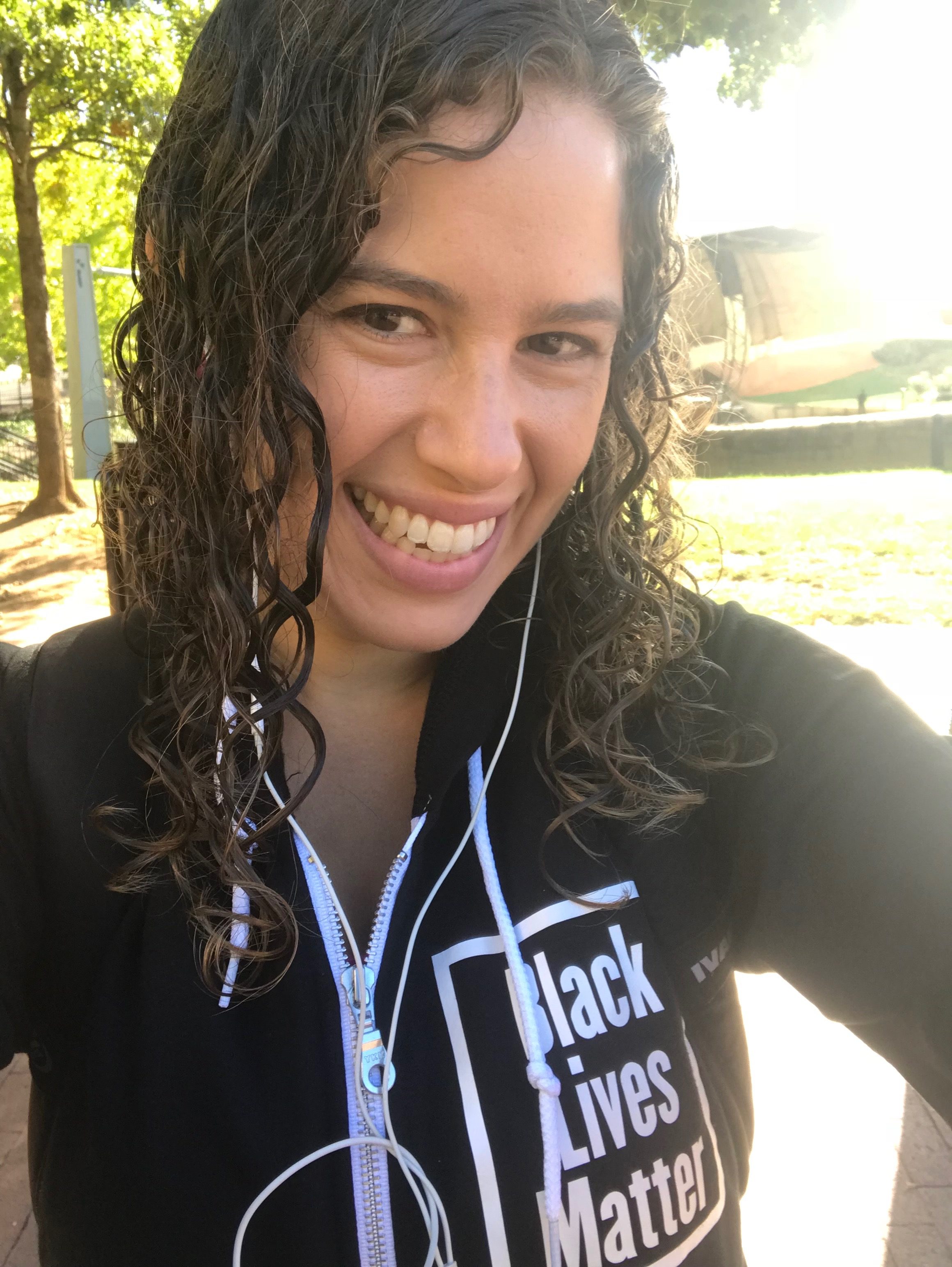In my last post, I shared my intention to offer a sex ed class for young adults (in their 20’s and 30’s). Here, I will speak to the three most common concerns raised in response to my proposal.
1. “My long-term romantic partner is also part of this community — how can I participate in this class without violating my partner’s and my privacy?”
As a group, we can develop a confidentiality structure that will guide us in respecting everyone’s boundaries and privacy. I’ve seen class facilitators encourage participants to tell personal stories and to speak from experience; I’ve seen other facilitators prohibit participants from sharing personal information and require them to word all stories and questions in the third person (“I have a friend who…”). We can work together to find a method that suits our needs and wants. Participants may choose to speak in the first and the third person at different times depending on context and comfort level. By coming together to discuss our knowledge, thoughts, and feelings, we certainly need not get into specific details regarding our current sexual habits. I intend this class neither as a support group nor a gossip session! We will explore ourselves, our community, and our society while we respect and honor the plethora of boundaries, desires for privacy, comforts, and discomforts that we all bring to different settings.
2. “How will this class be related to social justice and social action, since our community is explicitly dedicated to both?”
This question is so important and inherently related to my motivations for offering this class. As such, my response diverts in a few different directions: By discussing these issues together in an open, progressive setting, we work towards justice for ourselves, those close to us, and our community as a whole. And as we create this space in which we can insightfully analyze the social processes that affect gender and sexuality, we can build awareness and generate new thoughts and feelings that will inform our fight for justice in our society. Such class discussion can spark ideas for and interest in a specific campaign that we can plan and implement together as a class and/or as a community. Additionally, I hope and expect that the class participants will generate even better answers to this question as we discuss and learn together.
3. “How can we have these discussions in an inclusive and safe manner?”
Yes! We must also pose and respond to this question throughout the class. Therefore once more I can only offer my initial reaction supplemented by my trust in the process: We will establish building blocks for safe space, we will check in with each other and reflect on our developing dynamic, and we will celebrate our differences. I will also combine multiple venues for participation and reflection, including but not limited to group discussion, sharing ideas in pairs, and recording private thoughts in journals or anonymous question/ comment cards. Alas, I can only describe structures — the dynamic of the group will deepen and develop when we are together, conversing, taking risks, taking care, and holding each other accountable.
I’m so excited!

